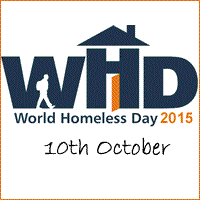Research has shown that simply being born a girl can leave a child at a huge disadvantage in life. In the poorest societies a girl faces greater risk of malnutrition, hunger and disease compared to her brothers. She will have fewer opportunities for an education and career. In many developing countries 1 out of 7 girls marries before age 15.
Other research has also shown that investing in girls and young women has a disproportionately beneficial effect in alleviating poverty – not only for girls but for their families, communities and entire countries. Girls who spend an extra year at school will on average increase their lifetime income by 10 to 20 per cent.
(Information from http://www.plan.org.au/mediacentre/mediareleases/un_declares_international_day_of_the_girl)







